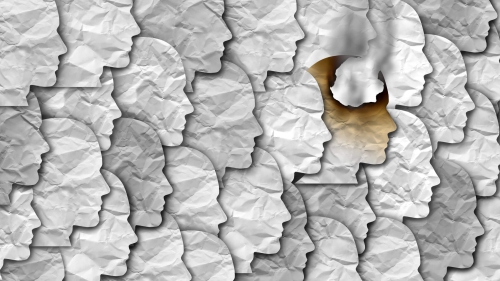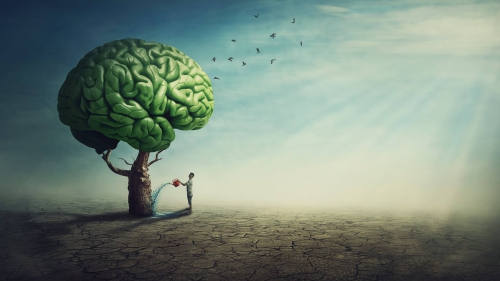Why Literature Is the Key to Emotional Intelligence?

More than twenty years ago, it was a time when reading used to be a very popular hobby.
Almost everyone, when introducing themselves in a classroom at the very start of the year, would say, “Salaam/Hi, my name is A. My hobby is reading.” There were children who would also make remarks about their favourite books, characters, authors, and the exchange of stories would immediately begin.
Back then, early childhood years were spent being introduced to various reading materials such as Arthur, The Magic School Bus, Clifford the Big Red Dog, Dr. Seuss, and Little Critter.
Young children during those years (1990-) were enthusiastic about the very act of reading, though the selection of books by each child might differ. The collections by Enid Blyton and Roald Dahl were an ‘in-thing’ in primary schools back then, before the birth of J.K. Rowling’s Harry Potter series!
The need to reintroduce reading as a favourite pastime is pivotal for the betterment of future generations. The trend of over-idolising Sciences and Mathematics may have led children to feel that reading is solely for those who want to pursue Arts.
Do not be appalled if one day nobody knows, or has even read, the great works of Charles Dickens, Jane Austen, and the Brontë sisters. If the classics are not your cuppa, perhaps you may venture into the world of speculative works, i.e., The Lord of the Rings, Dune, and The Hunger Games, to name a few.
The act of reading is not simply for entertainment; it is a means to develop well-rounded individuals who are not only high in IQ but also in EQ. If you remember those stories we read and watched as film adaptations when we were younger, most of them were didactic in nature.
Narnia, Peter Pan, and Alice in Wonderland might sound like children’s entertainment, but they taught us about kindness, family ties, and, most importantly, the power of dreams.
The very act of reading broadens your worldview and makes you see the world differently.
Perhaps these stories will make you a more understanding, compassionate, and empathetic person. Despite the vast number of AI-related advancements in this modern world, empathy remains one of the biggest traits that AI cannot adopt.
Thus, it is the very thing that differentiates a human being from a machine! This is evident in Ex Machina, where the AI, Ava, ultimately saves herself towards the end of the film, leaving Caleb (the main protagonist, a human being) locked and isolated to die.
We frequently see news and media reports stating the increasing number of youths quitting their jobs and being unable to fit comfortably into the workforce. The reasons for this often return to the question of whether the emotional intelligence (EI) of our younger generations has been nurtured correctly or abandoned entirely due to the fast-paced lives we lead nowadays.
EI is the ability to understand, use, and manage our own emotions in positive ways to relieve stress, communicate effectively, empathise with others, and overcome challenges. Of course, psychology scholars are more well-versed in this field, but as an English major, I firmly believe in the power of reading, especially for children and young adults.
Sometimes, we take literature or the very act of reading for granted, yet it can successfully equip youths with the tools to understand their own emotions and those of others. Literature can also indirectly aid in addressing mental health issues.
For example, Michael Rosen’s The Sad Book explores sadness, depression, loss, and grieving in a very subtle way—simply through illustrations without a single word. This signifies how empowering a book can be in addressing crucial issues for all ages and backgrounds.
Being able to feel and express emotions is not a sign of weakness; instead, it is applaudable, as “putting oneself in other people’s shoes” is not an easy task.
Nowadays, we have quite a number of physical and online bookstore chains in the marketplace. So, before it gets too late, let’s urge our children, family, and friends to inculcate the culture of reading pronto. We must not forget that reading is the first message taught to our Prophet Muhammad (PBUH) in Surah Al-Alaq:
“Read, O Prophet, in the name of your Lord who created” (96:1). Even one of the well-known hadiths of the Prophet also emphasises the act of seeking knowledge: “When a man dies, his good deeds come to an end except three: ongoing charity, beneficial knowledge, and a righteous child who will pray for him.”
These references illustrate the importance of reading and seeking knowledge for everyone of all ages and backgrounds. Let’s bring back the tagline: “My hobby is reading. My favourite book is ...” among our school children and young adults—which will indirectly contribute to producing high-EI generations for the betterment of the world and the Muslim Ummah.
Topics: Books And Empathy, Emotional Intelligence, English Literature, Mental Health, Youth Education
Related Suggestions

















